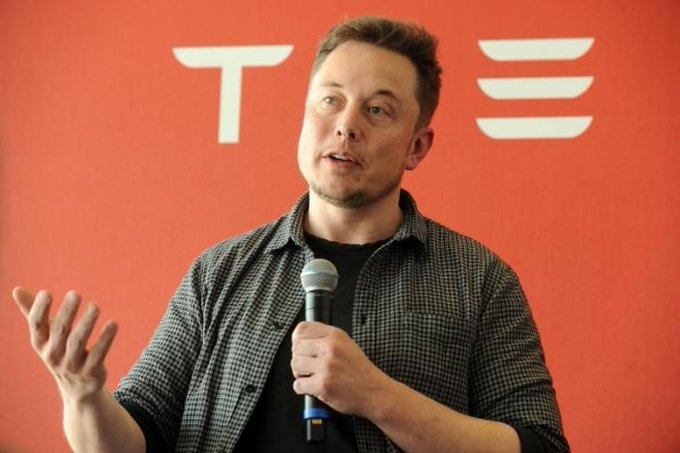The study will evaluate the safety and functionality of the technology, according to a statement…reports Asian Lite News
Elon Musk’s brain-implant startup, Neuralink, said it has received approval from an independent review board to begin recruiting patients for its first human trial. The company is seeking people with paralysis to test its experimental device in a six-year study.
Neuralink is one of several companies developing a brain-computer interface (BCI) that can collect and analyze brain signals. But its billionaire executive’s bombastic promotion of the company, including promises to develop an all-encompassing brain computer to help humans keep up with artificial intelligence, has attracted skepticism and raised ethical concerns among neuroscientists and other experts.
Last year, the Food and Drug Administration denied the company’s request to fast-track human trials, but in May approved Neuralink for an investigational device exemption (IDE) that allows a device to be used for clinical studies. The agency has not disclosed how its initial concerns were resolved.
Neuralink says it is looking for patients with quadriplegia due to vertical spinal cord injury or ALS. Participants will have a BCI surgically implanted using a proprietary robot in a region of the brain that controls movement, with the goal of enabling them to control a computer cursor or a keyboard using just their thoughts. The study will evaluate the safety and functionality of the technology, according to a statement.
The company’s announcement comes months after it received regulatory approval for a trial. Its previous testing in animals is under scrutiny, after reports that trials caused unnecessary suffering. Former employees characterized tests as “hack jobs”, telling Reuters that in one instance, the device was implanted in the wrong position in pigs, leading to their euthanasia.
The allegations triggered several investigations, including inquiry from the Department of Agriculture into animal abuse and the Department of Transportation over mishandling of biohazardous materials across state lines.
The company did not respond immediately to queries about when and where the trial will be conducted, or how many participants it will involve. If its device proves safe for human use, it could still take decades before it is cleared for patients outside the trial.
ALSO READ-Musk, Netanyahu hold discussion on AI

